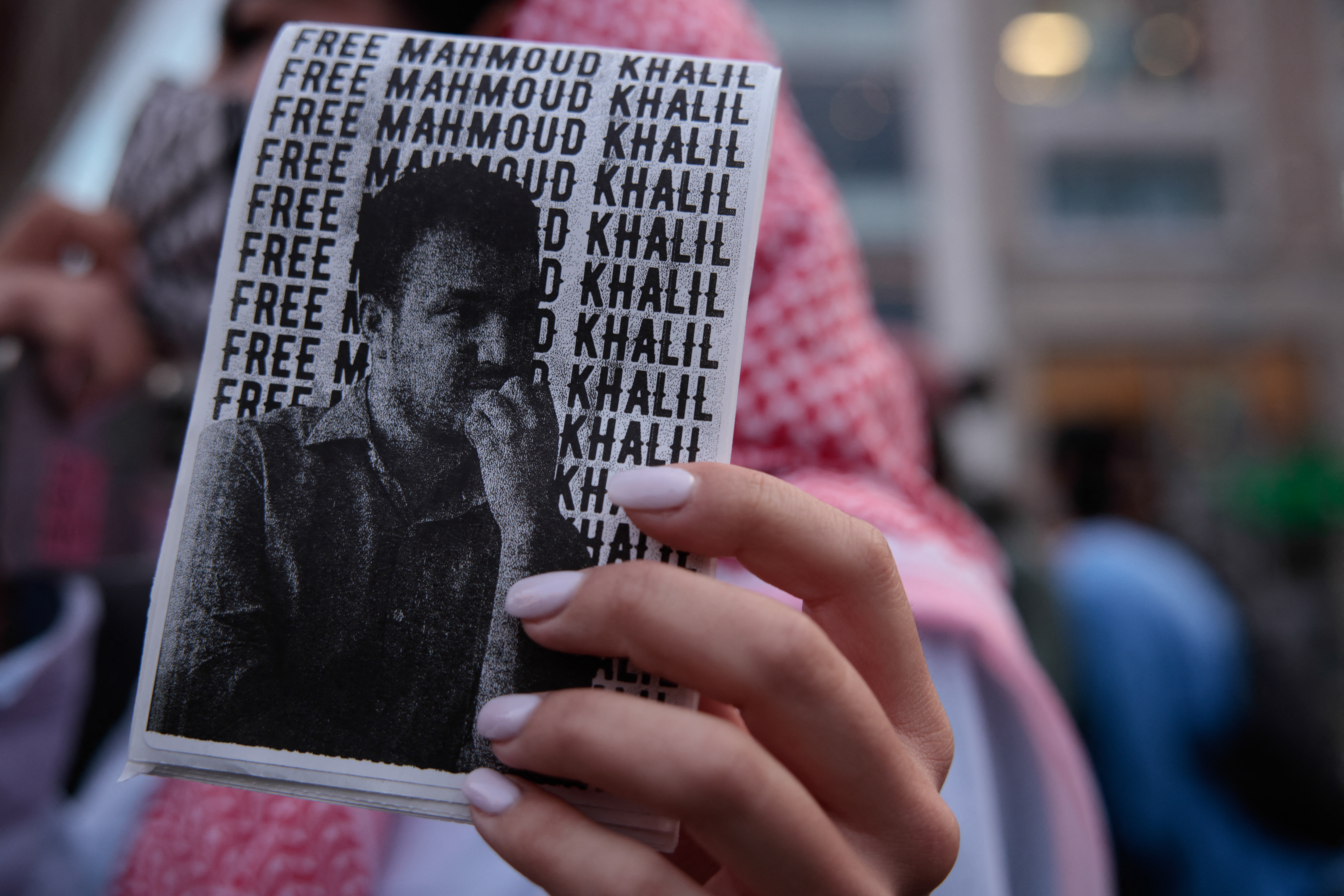Mahmoud Khalil: A Symbol of Student Resistance and Civil Rights in America

Introduction
Mahmoud Khalil’s name has become synonymous with the courage and resilience of student activists in the United States. As a Palestinian-American and Columbia University graduate, Khalil’s story represents more than just one man’s struggle. It embodies the broader fight for civil rights, freedom of speech, and the right to protest injustice. His detention and looming deportation by the U.S. government have sparked nationwide discussions on due process, academic freedom, and the role of student movements in shaping democracy.
Mahmoud Khalil’s Detention and Its Significance
In March 2025, Mahmoud Khalil was detained by U.S. Immigration and Customs Enforcement (ICE) in the lobby of his New York apartment. This action was not an isolated incident, but part of a crackdown on students and activists supporting Palestinian rights. The government cited a rarely used provision in the Immigration and Nationality Act, arguing that Khalil’s presence in the U.S. could have "potentially serious adverse foreign policy consequences."
For over two months, as Khalil challenged his detention in court, government lawyers struggled to provide legal precedent for this move. Their objections and lack of preparation highlighted deeper issues within the justice system. Many observers, including prominent journalists, viewed these efforts as an attack on basic constitutional protections, especially the First Amendment. You can read a comprehensive analysis of the legal dynamics and government actions in this detailed article on The Intercept.
Student Movements and Mass Mobilization
Mahmoud Khalil’s case resonated far beyond the courtroom. Students across the nation, from Columbia to Cornell and beyond, rallied in solidarity. They organized protests, teach-ins, and direct actions demanding his release and defending the rights of all international students.
The increasing repression against activists like Khalil and others is, in many ways, a sign of the student movement’s growing power. According to Momodou Taal, a Cornell Ph.D. student and fellow organizer, these actions are attempts by authorities to stifle a movement that refuses to be silenced. Taal’s in-depth interview describes how university administrations and the political establishment work together to target student leaders. His insights offer valuable context on why solidarity and mass mobilization are essential to protect everyone’s rights. Read the full interview in In These Times.
Civil Rights, Due Process, and Academic Freedom
Khalil’s own words capture the urgency of the current moment. In a powerful letter written from a federal detention center, he asked: “Who has the right to have rights?” This question challenges us to consider the implications of government overreach and the erosion of due process.
The U.S. Constitution promises equal protection to every person, not just citizens. When these principles come under threat, especially for political reasons or because of one’s origins, everyone’s liberty is at risk. Kelly Rogers, in an op-ed for The Minnesota Daily, argues that the Khalil case exposes how institutions sometimes fail their students, allowing political pressures to override academic freedom and constitutional rights. Explore Rogers’ full op-ed to learn more about these broader implications.
Why Mahmoud Khalil’s Story Matters
Mahmoud Khalil’s ordeal is not only about immigration law or student protests. It reflects the enduring struggle for justice, equality, and the defense of democratic norms in America. His experience has sparked critical conversations across campuses and communities, encouraging people to stand united against attempts to silence dissent.
Conclusion: Standing Up for Rights and Solidarity
The case of Mahmoud Khalil demonstrates the power and necessity of collective action. Student movements, legal advocates, and ordinary citizens are joining forces to demand fairness, protect free speech, and defend the right to challenge government authority.
The outcome of Khalil’s case remains uncertain, but its impact is already shaping a new era of activism and awareness. Defending Khalil is about upholding the rights of all—so the question remains: How will we answer when asked, "Who has the right to have rights?"
For further reading on Mahmoud Khalil, repression of student movements, and civil rights under pressure, see the coverage by The Intercept, insights from In These Times, and the op-ed in The Minnesota Daily.